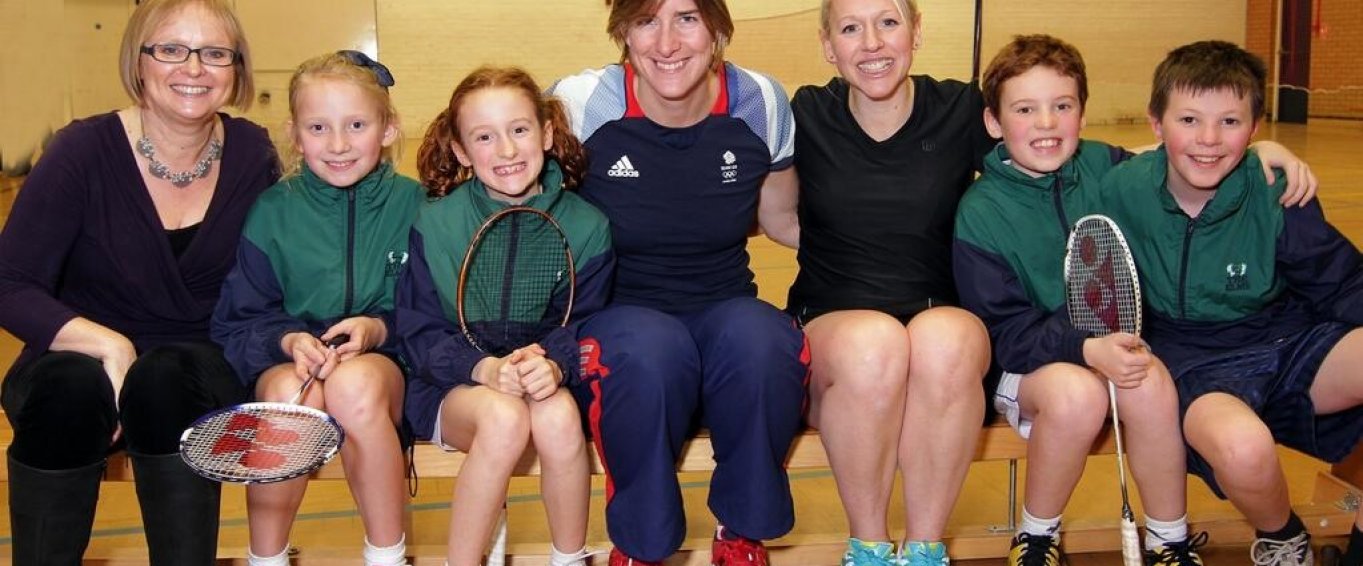Britain’s Female Athletes Say: Give PE Special Status in Schools!

In recent weeks, two of Britain's most accomplished female athletes have spoken in favour of giving physical education a special status in schools. Footballer and former England international Casey Stoney says more time must be allocated to school sports to capitalise on growing interest in women's competitions and convince girls to participate. Click here to read Stoney's full interview.
These sentiments were echoed by Katherine Grainger - Britain's most decorated female Olympian - who believes PE and sports should be raised to the same level of importance as core subjects like maths and science. Grainger (also the chair of UK Sport) says the key to increasing sports participation among young people is making a physical education indispensable. Click here to read Grainger's full interview.
The Shrinking Profile of Sports in Schools
According to a recent study, 38% of schools have shrunk PE time to meet curriculum requirements in other subjects. It is this trend Stoney and Grainger are keen to expose; the view of physical education as a soft target, a subject that can be easily dropped without consequence.
With one third of children aged two to 15 years (almost four million) categorised as overweight or obese, we know there ARE consequences - serious ones. So, why do many schools consider physical literacy a low priority? Britain is in the grip of an obesity crisis. Its young people are moving significantly less and eating significantly more. Active learning seems a logical solution, but it continues to be viewed as a bonus prize for schools with time, staff and resources to spare.
Stoney says: "PE should be a core part of curriculums. What is it? One hour of mandatory PE a week now? If you put more emphasis on PE in schools, [...] it becomes part of the culture within the country. It's a no brainer. You have a healthier nation, you make them more active, the burden on the NHS comes down, etc, etc."
With females substantially more likely to be inactive, particularly during puberty, there's concern Britain's girls aren't benefiting from record levels of investment in women's sport. According to Stoney, perceptions are changing. Yet, the development of young athletes remains problematic as a result of lost opportunities to inspire girls from primary age and onwards.
Making a Physical Education Indispensable for Everyone
The solution requires nothing less than a cultural shift in perspective, a readiness to link achievement and development with physical activity as easily they are linked to arithmetic abilities, good handwriting, exam preparedness and critical thinking skills. We need teachers and parents to respond to dropped PE time as negatively as they would dropped English lessons. The evidence linking sports participation with increased focus, enhanced proprioception and improved executive function suggests outcomes may be more similiar than once thought. Click to read our blog on therelationship between sports and academic performance.
'Cause the consequences are real and happening right now.
For Grainger, OFSTED's decision to start assessing physical activity as an indicator of personal development is a step in the right direction. Click here to read about OFSTED's new policies. She wants to see educators adopt broader perspectives on progress, pointing to Dutch schools as an example of the way increased focus on health and wellbeing can enhance academic performance. She says:
"It's not just [about] academic achievements. You [get] better because you are enjoying things."